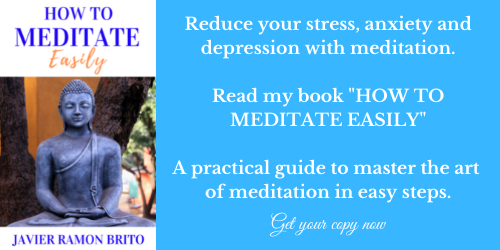The Synthetic Soul: How Modern Life Lost Its Humanity
From plastic furniture to filtered lives—what we sacrificed when we stopped being organic
By Javier Ramon Brito
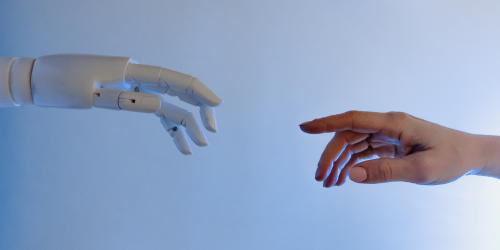
The Synthetic Surrounding
Today, we live in a world made of plastic—literally and figuratively. From the clothes we wear to the furniture we sit on, synthetic materials have replaced natural ones. Cotton, wool, and leather have given way to polyester, faux everything, and mass-produced sameness. Homes no longer smell of cedar or earth; they reek of chemicals, glues, and plastic off-gassing. We are surrounded by things that do not age gracefully, that do not tell a story. Things that do not breathe.
Even our food, once grown in real soil under real sun, is now engineered in labs and sprayed with layers of unpronounceable chemicals. GMOs, preservatives, flavor enhancers, and lab-grown meat form the new menu. We have more food than ever, but less nourishment—physically and spiritually. Eating has shifted from a ritual of gratitude to a mere convenience of consumption.
Filtered Faces, Compressed Sounds
Music, once an art of vibration and feeling, now most often than not arrives in hyper-compressed MP3s, flattened to fit bandwidths and algorithms. The romantic warmth of analog, the imperfections of live instruments, the emotional cracks in a human voice—all are edited out in favor of sonic "perfection". The result? Songs that sound bigger, but feel smaller. Songs that sound louder, but make you feel less. It is like the "diet coke" of music.
Images suffer the same fate. Where once a photograph captured a moment, today it’s a filtered, edited, and posed performance. Even paintings like sacred Buddhist thangkas—once painstakingly hand-painted over months in devotion—are now reproduced by machines or printed on fabric. The spiritual energy, the human intention, the very soul of the artwork is lost in the mechanical process.
Digital People in a Digital World
Social networks were meant to connect us, but they have digitized our emotions and fragmented our presence. Online personas are curated, not lived. Friendships are measured in likes, love is filtered through apps, and meaningful conversation is rare in the sea of scrolling and swiping. It’s a strange irony that the more we connect online, the more disconnected we feel in real life.
We are no longer authentic—we perform. We no longer share—we broadcast. In trying to capture life, we’ve stopped living it.
The Loss of Soul
We used to live life with authenticity, intimacy and intention. When man was organic, his hands touched the earth. He cooked real food, sang unfiltered songs, and made things that carried the mark of his presence. His art, music, food, and relationships bore the patina of imperfection—perhaps the very thing that made them beautiful.
Now, in a synthetic world, we are surrounded by things that are flawless but soulless, efficient but empty. We’ve mistaken speed for progress, replication for creation, convenience for meaning.
The Way Back
The solution is not to abandon technology or return to caves. It is to remember. To remember the taste of real tomatoes. The texture of hand-woven linen. The harmonics and the sound of silence between musical notes. The joy of growing something. The depth of a handwritten letter. The meaning behind a flawed but honest voice.
To be organic is to be alive in the fullest sense. It means living in rhythm with nature and with ourselves. It means embracing slowness, imperfection, and presence. It means reawakening the soul—one choice at a time.
When man stopped being organic, he lost his soul. But he can find it again. The path is not forward or backward. It's inward.



Your second block of text...
7-DAY MEDITATION
MASTERY
• Calm your stress• Meditate like a Monk
• Enter Alpha Mind State
• Balance your 7 Chakras
• Improve your wellbeing

SOUND HEALING
in 7 minutes
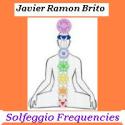
& Body organs

Therapy

with 38 Bach Flowers
in Sound form

Alpha, Beta, Theta,
Delta or Gamma
in 10 minutes
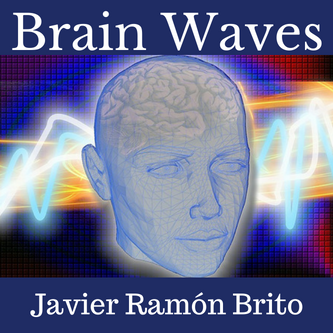
SUBLIMINAL AUDIOS
& Abundance
into your life
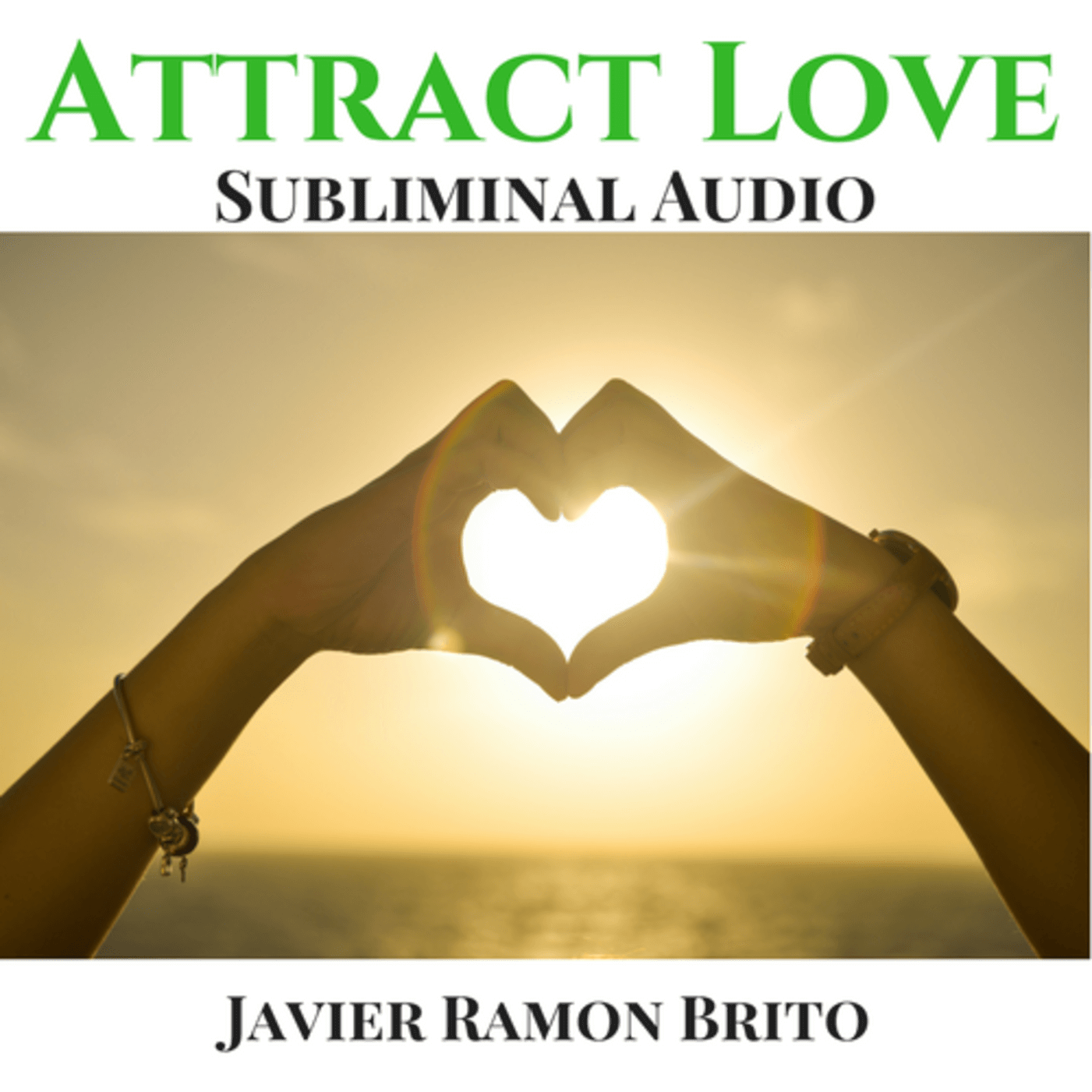
ONLINE MEDITATION CLASS
Reduce stress & anxiety, improve focus and sleep better

E-BOOKS TO AWAKEN
Life Purpose

your personality type

HEALING MUSIC
7 Chakras

Music

on your videos

Music for Healers
(Android version)

Music for Healers
(iOS version)

MEDITATION ONLINE
(Alpha & Theta)
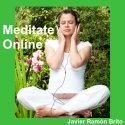
PROFESSIONAL SERVICES
custom-made
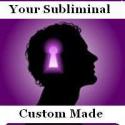
one-to-one, online






